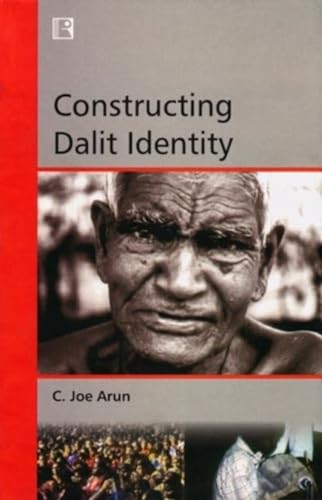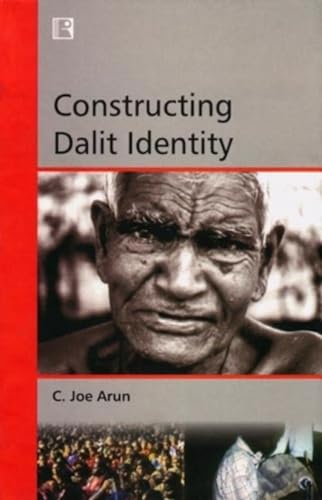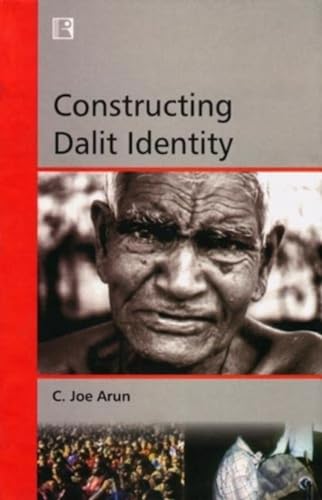Constructing Dalit Identity
Constructing Dalit Identity is backordered and will ship as soon as it is back in stock.
Couldn't load pickup availability
Genuine Products Guarantee
Genuine Products Guarantee
We guarantee 100% genuine products, and if proven otherwise, we will compensate you with 10 times the product's cost.
Delivery and Shipping
Delivery and Shipping
Products are generally ready for dispatch within 1 day and typically reach you in 3 to 5 days.
Book Details:
-
Author: C. Joe Arun
-
Publisher: Rawat Publications
-
Language: English
-
ISBN: 8131600815
-
Pages: 340
-
Cover: Hardcover
-
Dimensions: 8.5 x 5.7 x 1.0 inches
About the Book:
This book offers a deep dive into the processes by which the Dalits of Tamil Nadu, South India, attempt to shape and construct their identity. It focuses on the transformation of pollution symbols into powerful representations of culture and positive identity. Central to the narrative is the argument that conflict is an essential condition for identity formation. This conflict acts as a resource, helping the Dalits become self-aware of their low and polluted identity, while simultaneously guiding them to reimagine and reconstruct a new identity.
Rather than rejecting the symbols of polluted identity used by higher castes, the Dalits creatively reframe and appropriate these same symbols and myths. This deconstruction of their historically low identity leads to the redefinition of self. Drawing from three years of empirical fieldwork, the book emphasizes that conflict, symbolization, and identification are the three pivotal phases in the formation of identity.
This work challenges traditional perspectives and provides fresh insights for scholars and students in sociology, anthropology, political science, and those interested in social change, identity politics, and social conflict in the context of Asian realities. It’s an essential read for anyone exploring the intersection of culture, politics, and social transformation.





